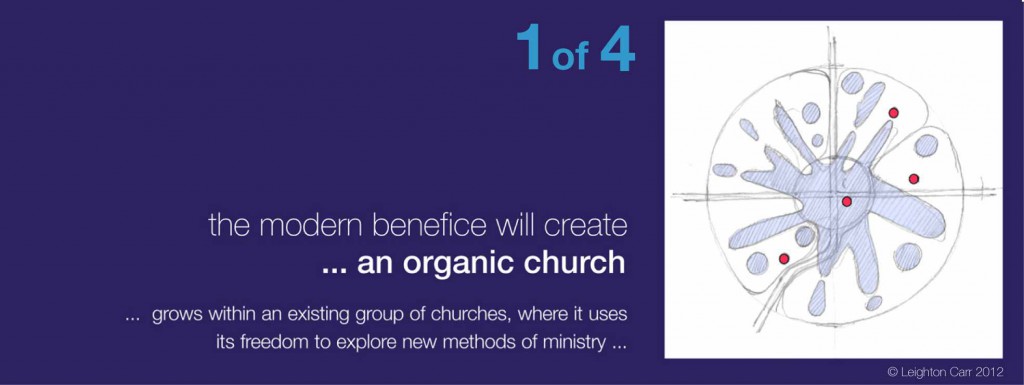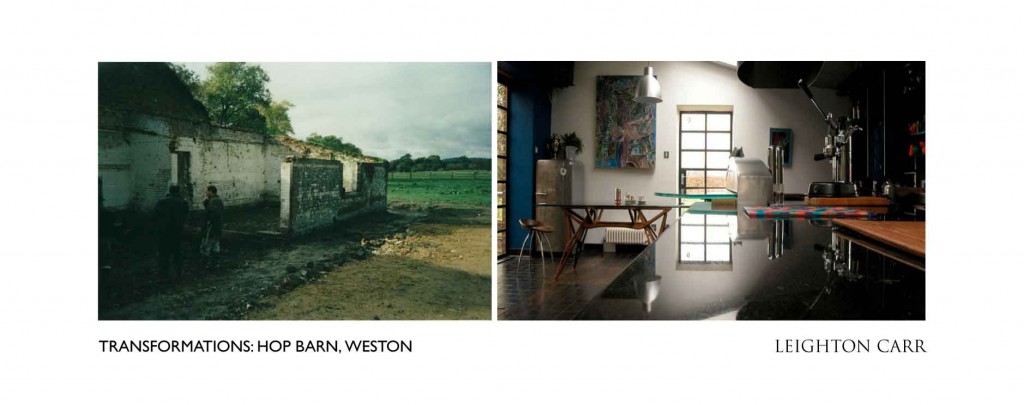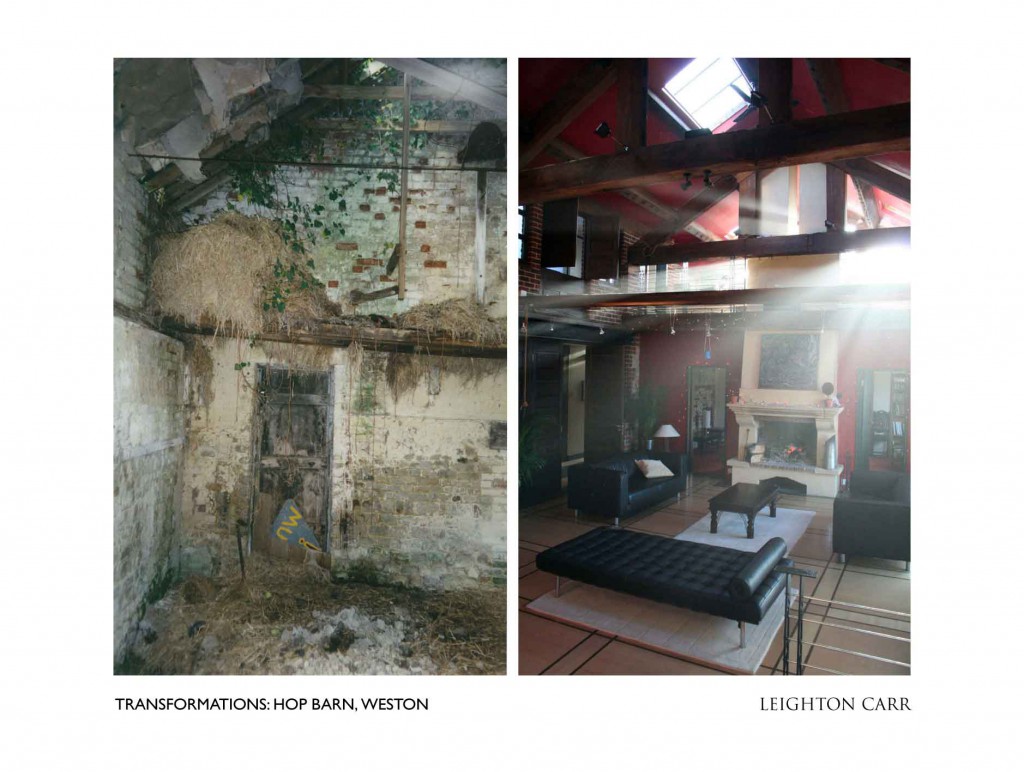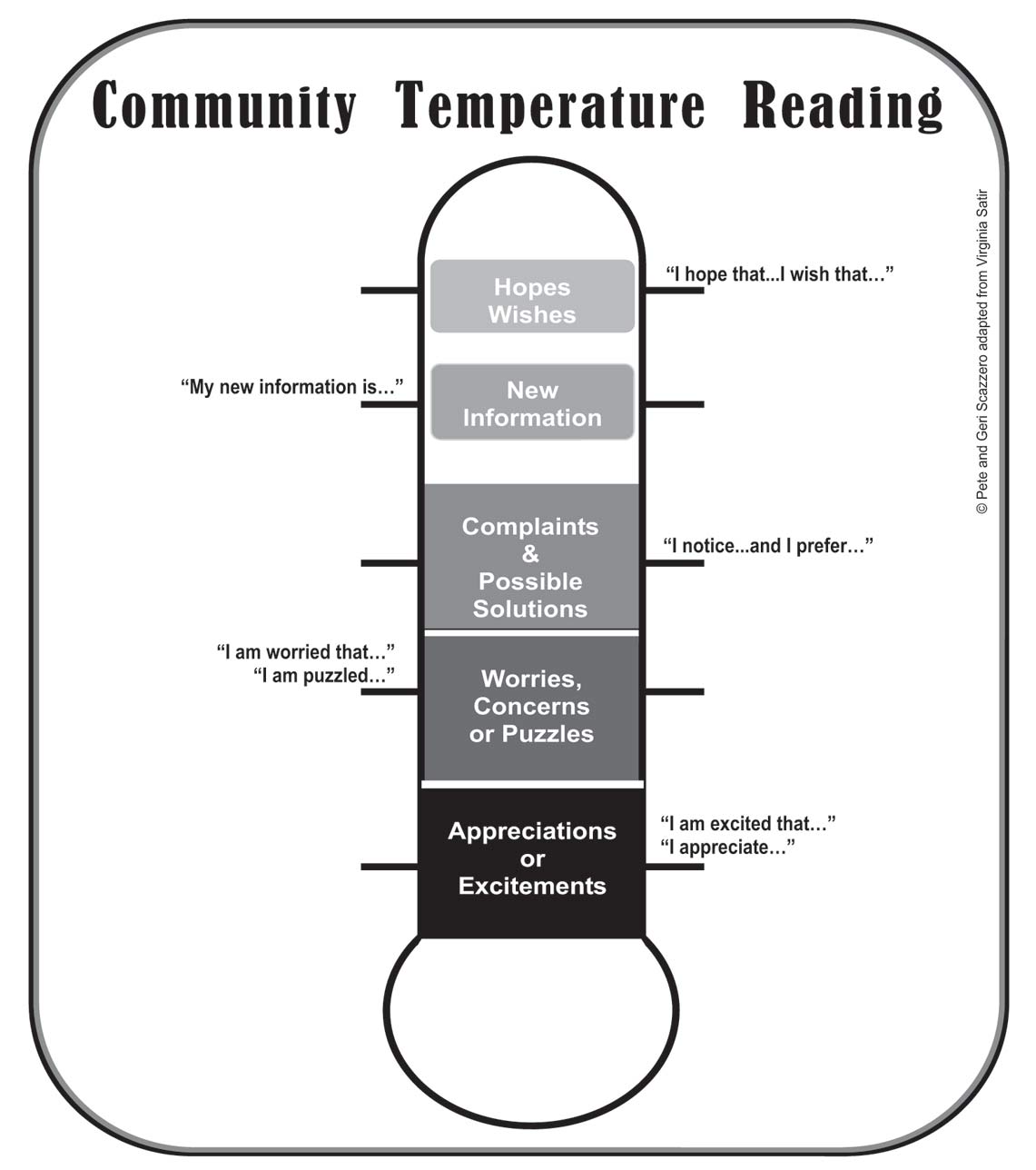APEs.\r\n\r\nApostles. Prophets. Evangelists.\r\n\r\nWhere are they?\r\nWhy so few?\r\nWhy is the leadership of the local church almost entirely in the hands of Pastor/Teachers?\r\n\r\nHere are three possible reasons:\r\n\r\nFirst, the Trustees of the institutional denominations (generally) don’t trust APEs with the established church, and they prefer to install Pastors/Teachers.\r\n\r\nSecond, the Pastors installed in the local church (generally) can’t lead APEs, being focused as they are on ensuring the wellbeing of the Ordinary Church Member.\r\n\r\nThird, the Ordinary Church Member is (generally) afraid of APEs and would rather be left alone with their Pastors and Teachers to grow in peace.\r\n\r\nFar fetched? Maybe not.\r\n\r\nThe word that is perhaps at the root of this issue is ‘Trustee’.\r\n\r\nAt a deep level this word ‘Trustee’ has come to define much of our understanding of what a good church leader should be at all levels of church life, lay and ordained.\r\n\r\nThat’s fine and right. Church leaders must not be careless.\r\n\r\nBut to be balanced we need to remember that we are Trustees of the Gospel as well as Trustees of the Church. We were given this trust of a Gospel to proclaim by Jesus himself.\r\n\r\nAnd Jesus kept the church for himself. His Bride, not ours. And we should give him credit that he’s managed the church quite well for 2,000 years often in spite of our efforts.\r\n\r\nOf course, identifying people by their gifts in this simplistic way is exclusive and somewhat debilitating. The messy human reality is that each of us has a mix of gifts, wisdom, experience, skills, beliefs and connections and it is out of this humanness that the church can flourish and grow by the leading of the Spirit.\r\n\r\nAnd APEs need to be better. Better at being careful, better at being led, and better at communicating to the wider church.\r\n\r\nThat being said, it should still be a matter of great concern that so few leaders, and even fewer Ordinary Church Members, seem to have been given the permission to stir up the necessary gifts within them to create a vibrant, Holy Spirit inspired, resurrection energised, culture challenging, life enhancing and dynamic church.
 \r\n\r\n
\r\n\r\n



